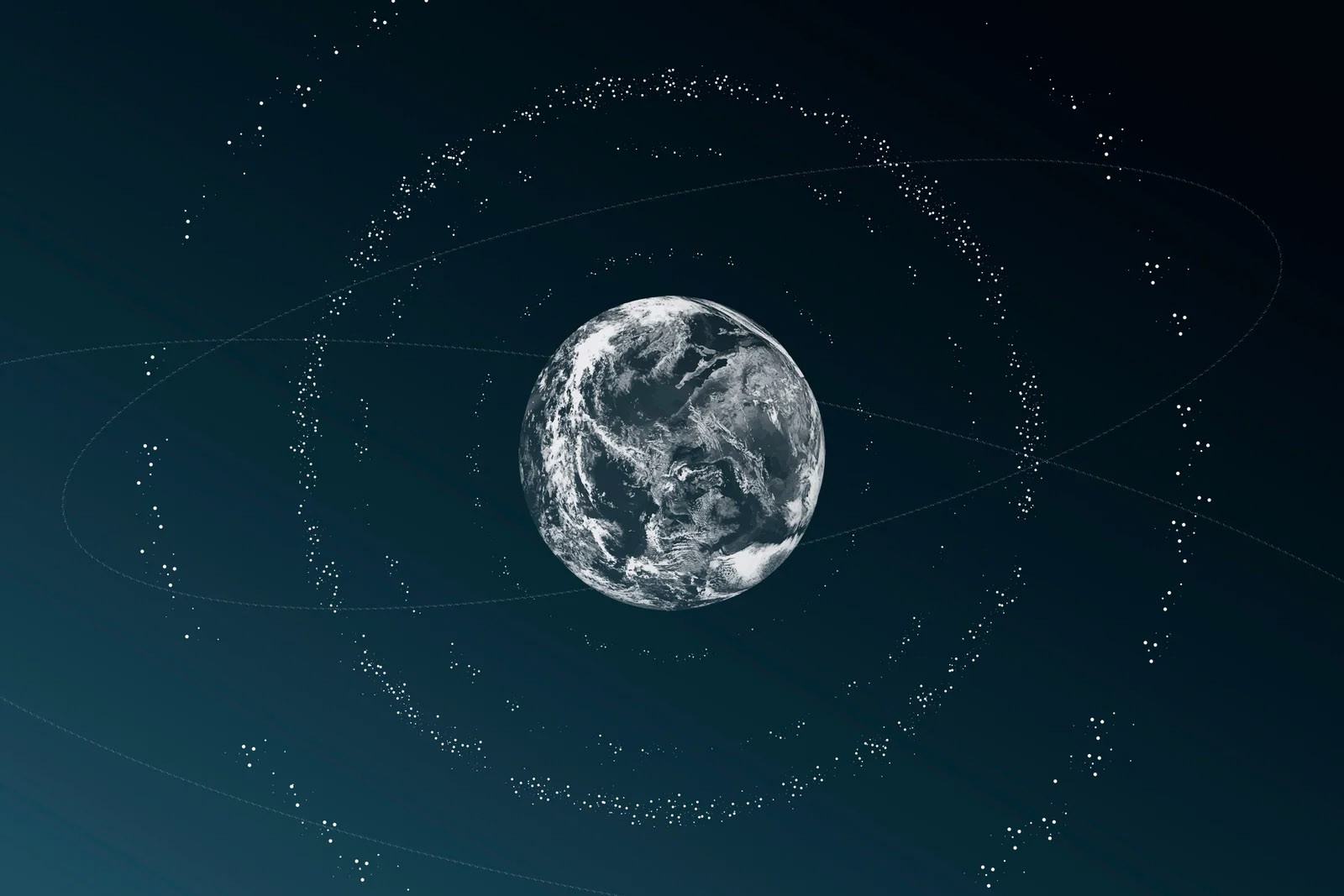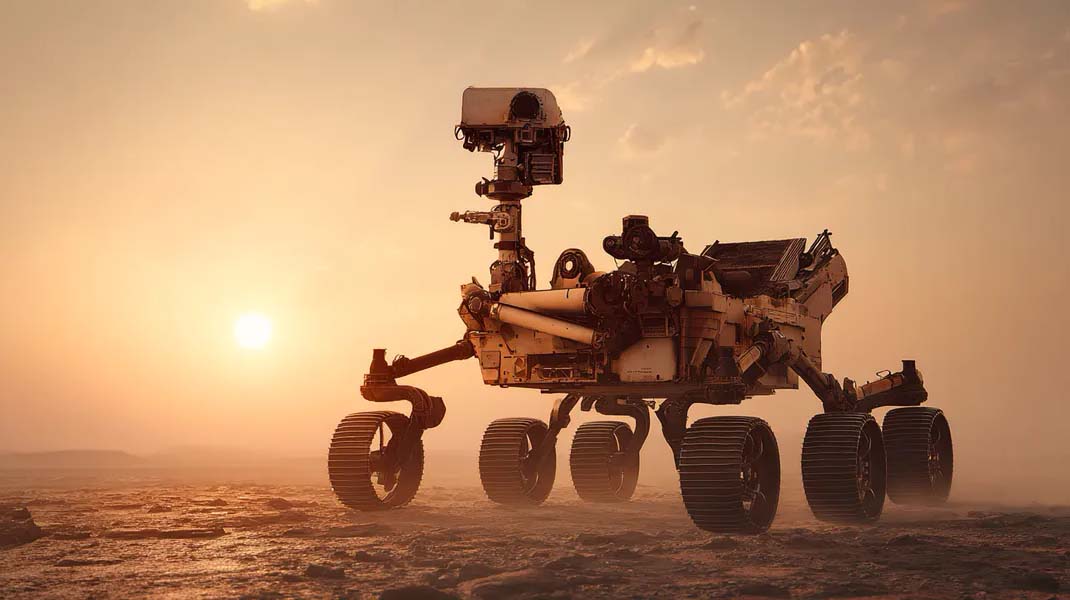China's space program is moving toward one of its most ambitious missions yet — a mission to deliver Martian samples to Earth. As part of the project Tianwen-3According to the plan, an unmanned aerial vehicle equipped with a robotic arm will be sent to the surface of the Red Planet in 2028. This device should be a key element in collecting large fragments of Martian rocks, potentially containing signs of ancient or even existing life.
According to preliminary data, the drone will be able to fly away from the lander at a distance of up to 100 meters, collect rock samples and return back. On the landing platform itself, additional equipment will be installed: a robotic arm and a drill that can penetrate to a depth of up to two meters. This level of penetration is necessary to access layers that could be protected from the damaging effects of solar radiation and, consequently, better preserve possible organic substances.
The characteristics of the Martian drone are still kept secret. However, representatives of the Chinese National Space Administration (CNSA) confirmed that among the models under consideration are both devices similar in design to the Ingenuity helicopter used by NASA, and more compact, folding quadrocopters.
The Tianwen-3 mission aims to deliver at least 500 grams of Martian soil and rocks to Earth. The sample capsule is scheduled to return in 2031. This will be the first attempt by humanity to return materials collected from Mars using autonomous systems with the ability to move on the surface.
It is planned to create a specialized research center to analyze the obtained samples Mars Sample Laboratory. The laboratory will conduct a comprehensive inspection of rocks-both in search of traces of life, and as part of the assessment of potential biological threats.
The exact landing site of Tianwen-3 has not yet been determined. The site is being selected in the latitudinal zone from 17° to 30° north latitude — this region, according to Chinese scientists, remains the most likely to detect traces of the former biosphere.
If the mission is successful, China will become the first country to deliver Martian material to Earth without an international partnership. This event may mark a new phase in the global competition for the exploration of Mars and the study of extraterrestrial life.













